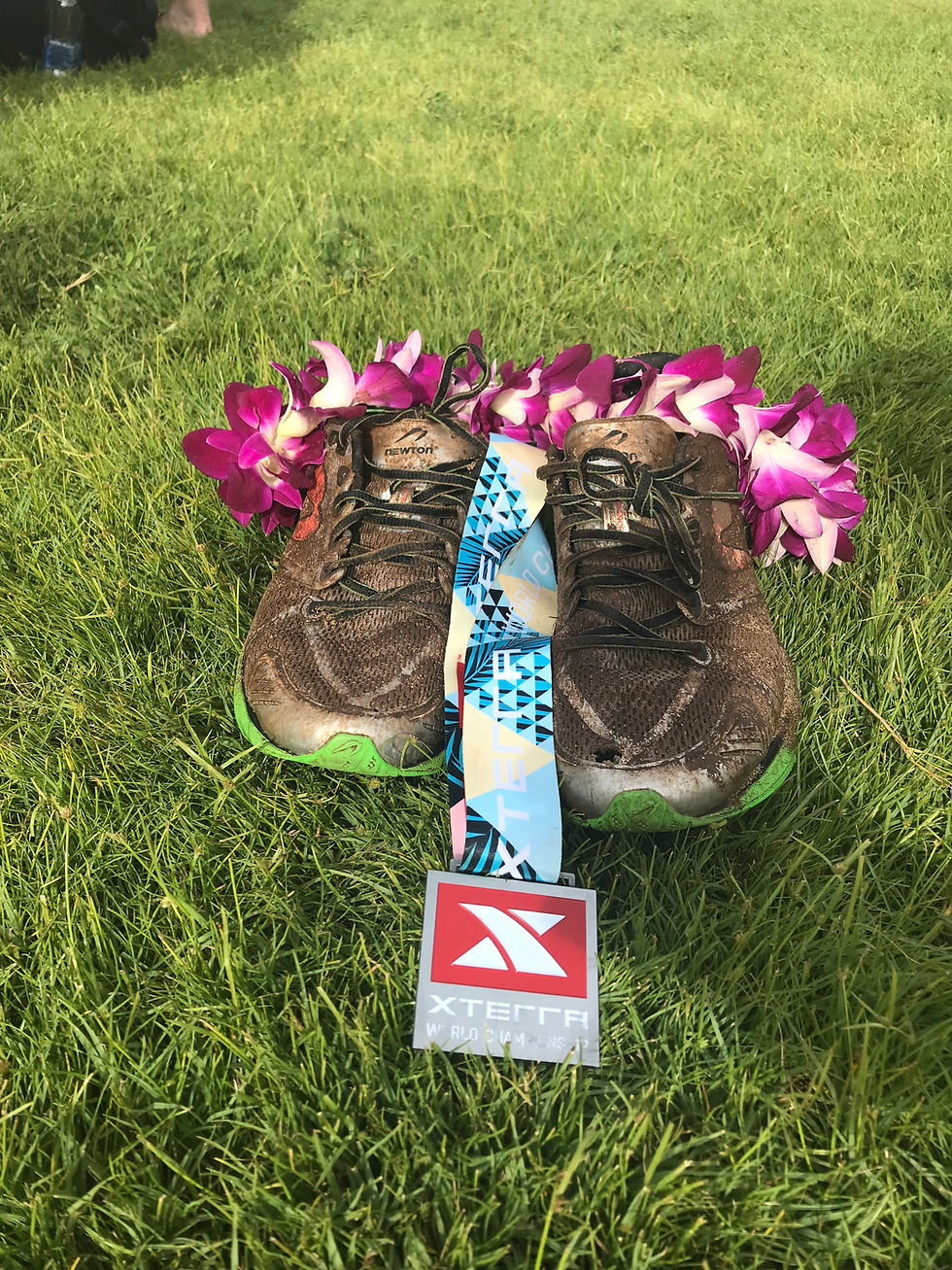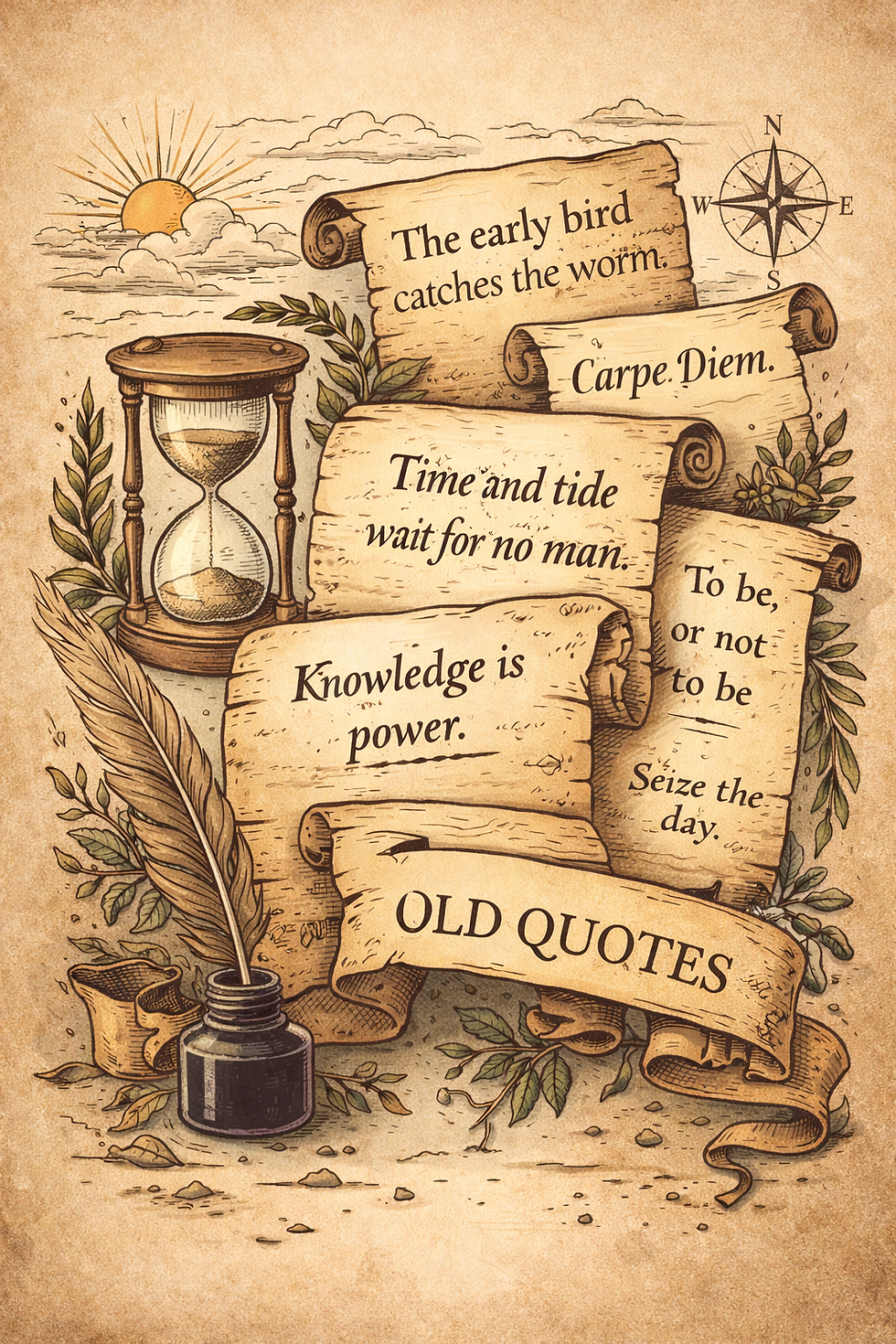Try Hard Things
- Team MPI

- Jan 29, 2025
- 2 min read
 MUSINGS FROM A COACH - 29 JANUARY '25 |
I recently returned from a nine-day trip to meet a professional athlete I’m working for. We engaged in extensive training, testing, and strategic planning for the upcoming and future seasons. Since I had a lot of equipment with me, I drove my van for 15 hours (over two days, as I’m no longer a spring chicken!) to reach his residence.
Back in Boise, my usual routine doesn’t allow much time for regular podcast listening. But during this trip, I decided to finally tune into Rich Roll’s interviews on his podcast, The Rich Roll Podcast.
I must say, I was thoroughly entertained by the diverse range of incredible guests he’s interviewed and the length of his interview process. I understand I’m a bit late to the party, but I highly recommend checking out his program if you’re a podcast enthusiast.
Rich interviewed Alex Honnold, the renowned rock climber known for his solo ascent of El Capitan, for an episode of his podcast. I thoroughly enjoyed Alex’s insights and philosophical perspectives on training and life in general. At one point, he said,
“You have to try hard if you’re going to do hard things.”
While this statement may seem obvious, I believe it holds significant value for all endurance athletes. For those of us who have experience in endurance sports, we can understand the incredible feelings of accomplishment that come with completing physically and mentally challenging tasks. In fact, for many of us, it serves as a reminder that we have the potential to achieve far more than we think possible.
However, I want to take Alex’s statement further. If we want to accomplish “hard things,” we must embrace the idea of constantly “trying harder.” We must commit to frequency, consistency, and self-awareness. We must push ourselves beyond our comfort zones, even when we don’t feel like it or when we doubt our capabilities.
Many of us can endure the physical challenges of training, but most of us eventually face the mental obstacles of endurance training, which is perfectly normal. How can we overcome these challenges?
- Lean on our support system, including our coach, friends, family, and training partners. - Enhance our self-awareness by learning to recognize when to take breaks and when not to. - Practice self-compassion and find the positive aspects of our progress instead of dwelling on perceived failures.
By understanding these strategies, we can experience the full range of training’s highs and lows and ultimately achieve our goals, even if they seemed impossible.
As the saying goes, “You have to try hard if you’re going to do hard things.”
Gratefully,
Mark CEO Team MPI |



Comments